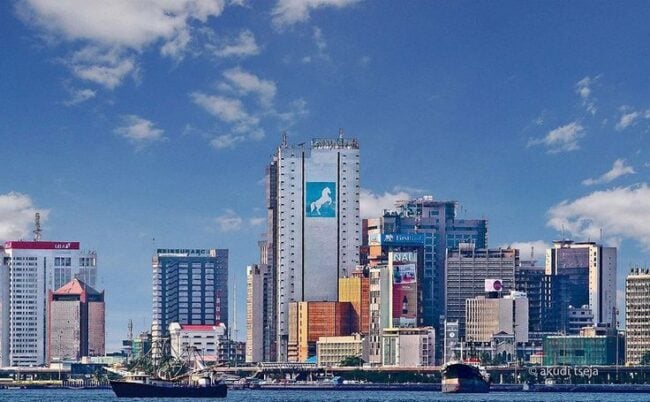Africa is experiencing a dynamic economic transformation, fueled by a flourishing class of millionaires. The IMF’s latest report on Sub-Saharan Africa’s economies shows a gradual improvement after a rough four years. Economic growth in the region is expected to pick up from 3.4 percent in 2023 to 3.8 percent in 2024, with nearly two-thirds of countries anticipating an acceleration in growth. The Knight Frank Wealth Report predicts an 11% growth in Africa’s UHNWI population by 2025.
This surge in wealth creation is attracting not only local investment but also the expertise of global firms like Imperial Citizenship, who specialise in wealth management and residency by investment (RBI) programs.
Data from the African Development Bank paints an optimistic picture for the continent. The region will account for eleven of the world’s 20 fastest-growing economies in 2024, which the World Bank forecasts to be the world’s fastest-growing region economically by 2025. This growth is driven by several factors. A young and ambitious population, with a median age of 18 according to the World Bank, provides a large and growing workforce. A thriving financial sector and a burgeoning tech scene, fueled by increased mobile phone penetration and growing tech startups as reported by Deloitte, further contribute to the continent’s economic potential.
“Africa presents a unique landscape,” says Zaid Al Hindi, Founder and CEO of Imperial Citizenship. “With our launch in Lagos, Nigeria serving as the beginning of our foray into Africa we’re looking to tap into the continent’s wealth of talent and growing entrepreneurial spirit. Our RBI programs offer HNWIs the opportunity to unlock a world of possibilities, allowing them to diversify their assets and explore global business opportunities, especially considering the limitations some Africans like Nigerians face with visa freedom for their passports.”
However, challenges remain. While Nigeria boasts a talented population, some skilled professionals choose to relocate abroad. Limited visa freedom for Nigerian passports can restrict access to international markets and hinder their ability to pursue global careers. This “brain drain” can stifle innovation and economic growth within the country.
This is where companies like Imperial Citizenship see an opportunity. Their RBI programs offer solutions such as citizenship in countries offering visa-free travel, empowering Nigerian entrepreneurs and investors to operate on a global scale. This not only benefits the HNWIs themselves, but also creates a win-win situation for Nigeria.
Imperial Citizenship’s presence in Nigeria signifies a growing confidence in the region’s potential. Local HNWIs gain access to solutions that address their specific needs for diversification and global mobility. Imperial Citizenship, in turn, taps into a rapidly growing market brimming with potential. This trend signifies a broader shift in perception – Africa is no longer just a continent rich in resources, but a land ripe with opportunity for discerning investors.
Looking ahead, Nigeria’s economic future is bright. Investment in education, infrastructure development, and fostering a more open and accessible business environment will further unlock the nation’s potential. Companies like Imperial Citizenship are well-positioned to play a key role in facilitating the journey of Nigerian HNWIs and skilled professionals as they navigate the globalised world. Their expertise can bridge the gap between Nigeria’s domestic talent and international opportunities, fostering not just individual success, but also contributing to the nation’s long-term economic growth.






